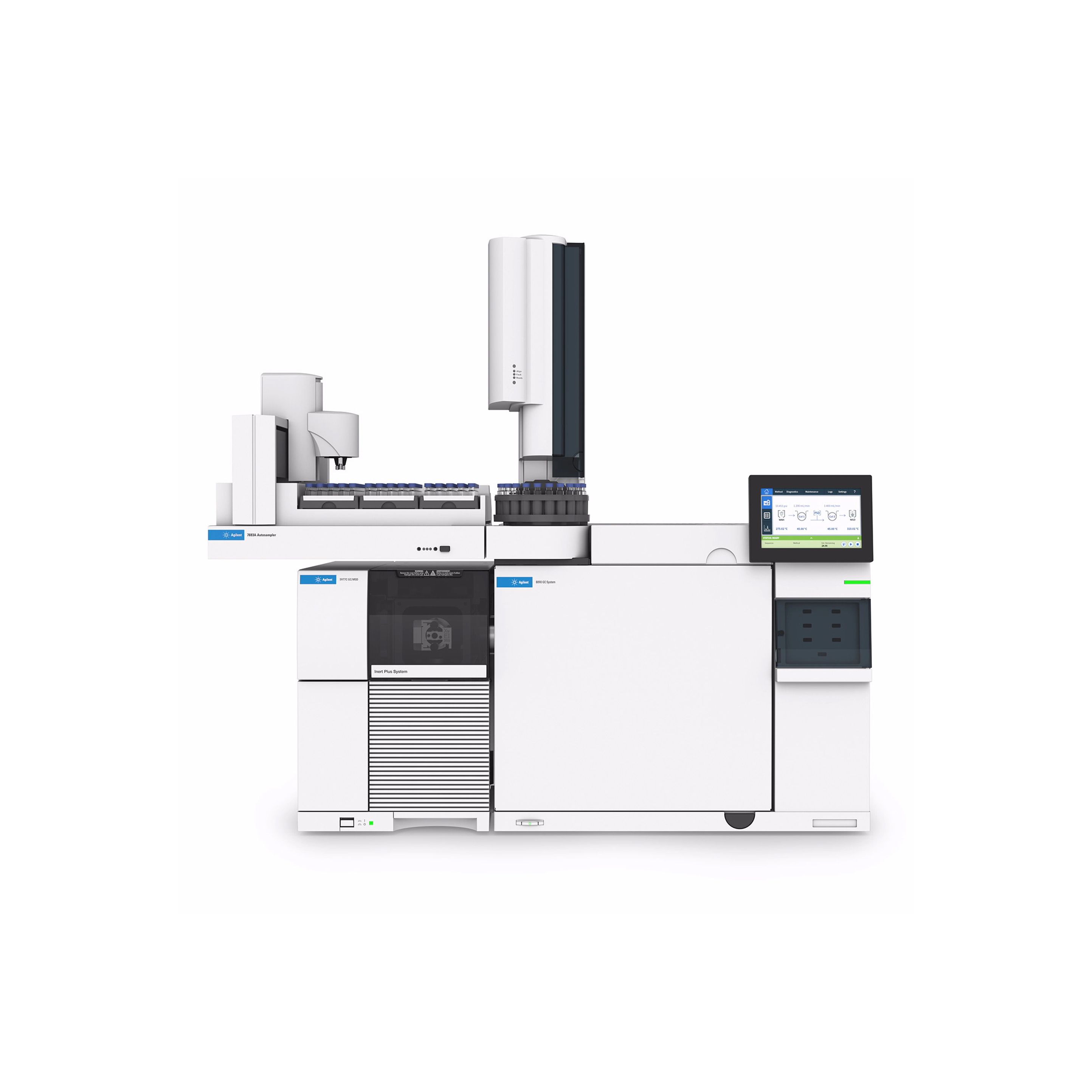What is Gas Chromatography and Mass Spectrometry?
14 November 2023Gas Chromatography and Mass Spectrometry are indispensable pillars of modern analytical chemistry, providing researchers and scientists with powerful tools to unravel the complexities of diverse mixtures with unparalleled precision and depth.
Gas Chromatography
At the forefront of separation science, Gas Chromatography operates on the principle of differential partitioning of volatile compounds between a stationary phase and a mobile phase, typically an inert gas. This nuanced interplay leads to the creation of a detailed chromatogram, a graphical representation that unveils the unique fingerprint of the components within a mixture. The applications of Gas Chromatography are vast, reaching across environmental analysis, food testing, forensics, and pharmaceuticals, offering insights into the intricate composition of chemical samples.
Mass Spectrometry
Functioning as a molecular detective, Mass Spectrometry goes beyond separation, providing a profound understanding of molecular structures and the quantification of compound concentrations. The process involves ionizing the sample, generating charged particles (ions), and analyzing their mass spectra. This information-rich approach finds applications in identifying unknown compounds, quantifying known ones, and delving into the complex mixtures prevalent in various scientific domains, ranging from chemistry to biology.
Gas Chromatography-Mass Spectrometry
The fusion of Gas Chromatography and MS into Gas Chromatography-Mass Spectrometry represents a formidable synergy, combining the separation capabilities of gas chromatography with the high-resolution identification capabilities of MS. The technique involves the direct introduction of the output from a Gas Chromatography column into the mass spectrometer. As each compound elutes from the Gas Chromatography column, it undergoes ionization and subsequent analysis, generating a comprehensive profile of the mixture. Gas Chromatography-Mass Spectrometry has emerged as an indispensable tool, particularly in fields such as environmental analysis, forensics, drug testing, and metabolomics, where the need for precise characterization of volatile and semi-volatile compounds in complex samples is paramount. The methodological harmony of Gas Chromatography-Mass Spectrometry thus plays a pivotal role in decoding the molecular intricacies embedded within diverse analytical challenges.
